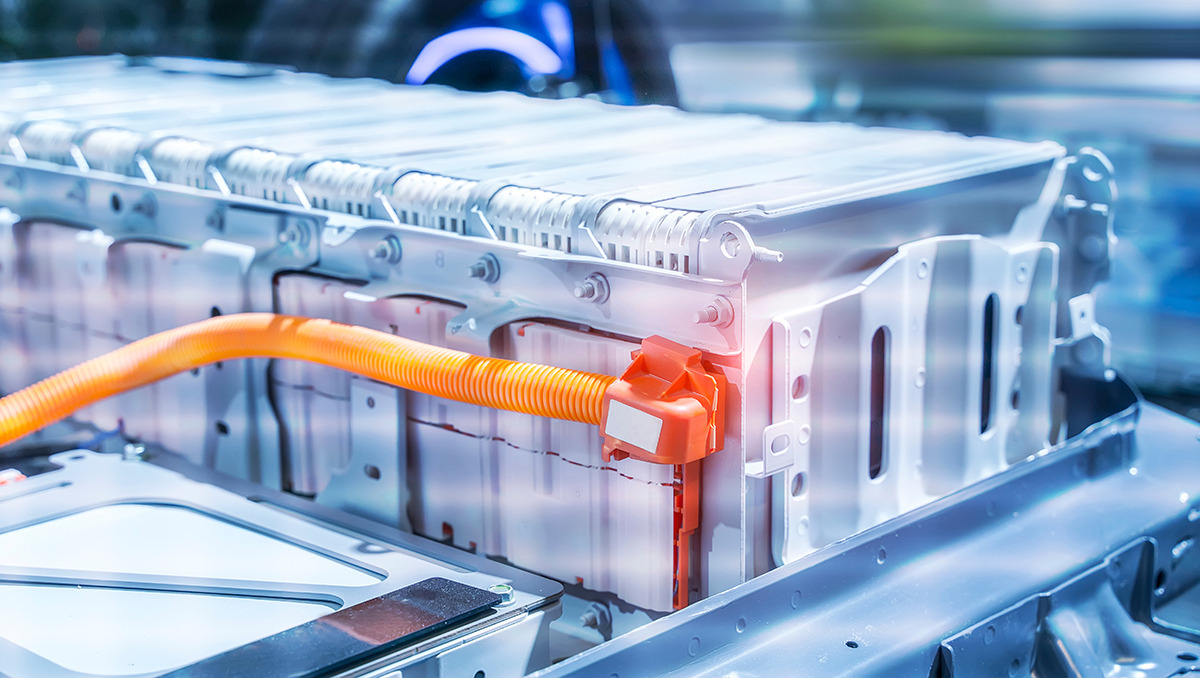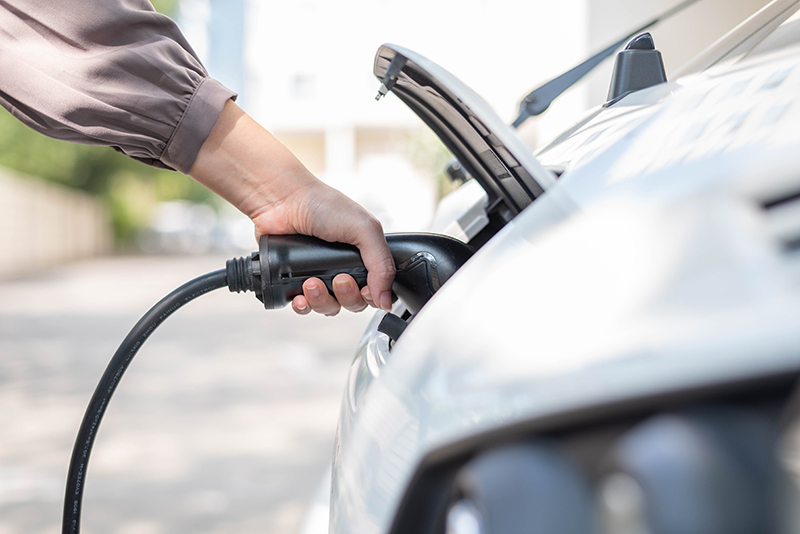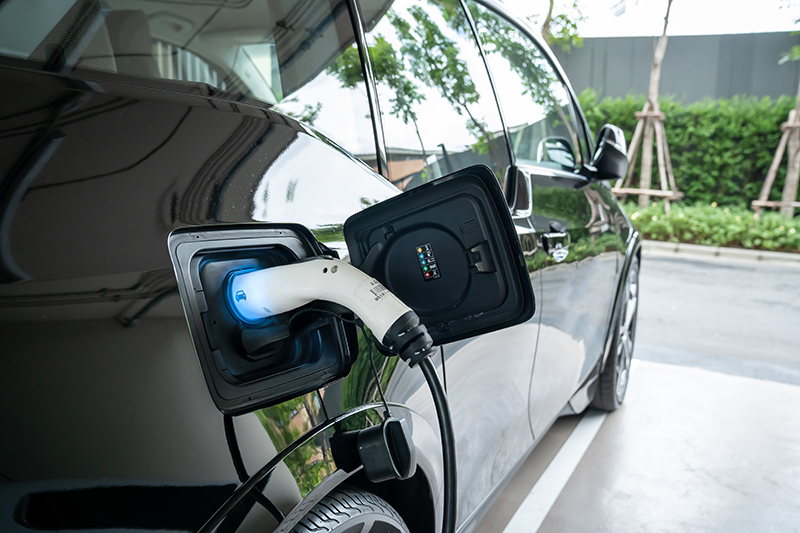How Long Do Electric Car Batteries Last?

Published: Thursday, 09 February 2023
How Long Do Electric Car Batteries Last?
Similar to the batteries found in household electrical items, electric car batteries eventually become less effective overtime, reducing the car’s fully-charged range. Fortunately, there are ways you can reduce battery degradation to keep your EV performing at its best.
YESSS Electrical have put together this guide to help you understand how EV batteries work, their average lifespan and how to maintain them.
What Type of Batteries Do EVs Use and How Do They Work?
Electric cars use rechargeable lithium-ion batteries. This type of battery is recognised as the best option for EVs as they have a higher energy density which allows manufacturers to save space by reducing the size of the battery.
While the traditional combustion engine is powered by petrol or diesel, an electric car is powered directly by a lithium-ion battery. When the car is being driven, the cells in the battery discharge power and when the car is being charged, electricity is used to make chemical changes in the battery which provide it with electrical energy.
How Long Does an Electric Car Battery Last?
Generally, an electric car battery is expected to have an average lifespan of between 100,000 and 200,000 miles, or around 10-20 years.
If the battery in your EV begins to degrade before this time, it won’t significantly affect the performance of your car, but instead may slightly reduce its range. However, most manufacturers will offer a warranty period on your EV battery. Let’s take a look at the most popular EV manufacturer warranties.
How Long Is the Warranty on an EV Battery?
Many electric vehicle manufacturers offer an extended warranty of around 8 years, or 100,000 miles of range. This usually covers the battery pack and guarantees a minimum of 70% battery capacity by the end of the warranty period.
Here are some of the most popular EV manufacturer warranties.
| Manufacturer | Warranty |
| Hyundai | 8 years or 125,000 miles |
| Audi | 8 years or 100,000 miles |
| BMW | 8 years or 100,000 miles |
| Jaguar | 8 years or 100,000 miles |
| Mercedes Benz | 8 years or 100,000 miles |
| Nissan | 8 years or 100,000 miles |
| MINI | 8 years or 100,000 miles |
| Volkswagen | 8 years or 100,000 miles |
| Skoda | 8 years or 100,000 miles |
| MG | 7 years or 80,000 miles |
The warranty period of an EV battery will vary according to the manufacturer of the car and the model of car you are purchasing. For more information, please contact the manufacturer.

What Causes an EV Battery to Degrade Over Time?
EV battery cells degrade over time as they charge and discharge, similar to the cells in the batteries of other household electronics. However, due to the number of battery cells in an electric vehicle, modern EVs should still have a good battery capacity even after many years of use. But what else affects the life of an EV battery?
- Charging an EV battery to full capacity can cause it to degrade quicker, which is why most manufacturers advise charging up to 80% or have a pre-designed system that will not allow the vehicle to fully charge to 100%.
- Rapid charging can speed up battery degradation as it produces greater levels of heat that can damage the cells in an EV battery. This is why it is advised that you use a home charger to charge your electric vehicle overnight when the temperature is lower as this helps to preserve battery health.
- How you drive can affect how quickly the battery in your EV degrades. If you accelerate fast often, this can not only drain your battery much quicker, but also speed up battery degradation.
With that in mind, let’s take a look at the ways you can preserve your EV’s battery life.

How to Preserve and Maintain Your EV’s Battery
Fully charging your EV or completely running it down can cause battery degradation. By keeping your EV between 20%-80% the battery will last a lot longer and degrade much slower.
Frequently using a rapid charging device can speed up cell degradation in EV batteries, which is why it is important to invest in a reliable home EV charger to replenish your EV’s battery overnight. Charging slowly via a home EV charging point can help to preserve battery health, plus you could benefit from cheaper off-peak energy if you have an Economy 7 meter. At YESSS Electrical, we stock high-quality, affordable home EV chargers from top brands including PodPoint, Wallbox and Easee. Browse our excellent range of home EV chargers here, or read our helpful guide on how to choose the best home EV charger before purchasing.
FAQs
How long do electric cars last?
The average lifespan of a battery in an electric vehicle is around 10 years. Although, it is possible for an EV battery to last up to 20 years.
How much nickel is in an EV battery?
Recently, EV battery producers have increased the percentage of nickel in batteries to increase vehicle range and improve the batteries’ energy density. Most EV batteries now

